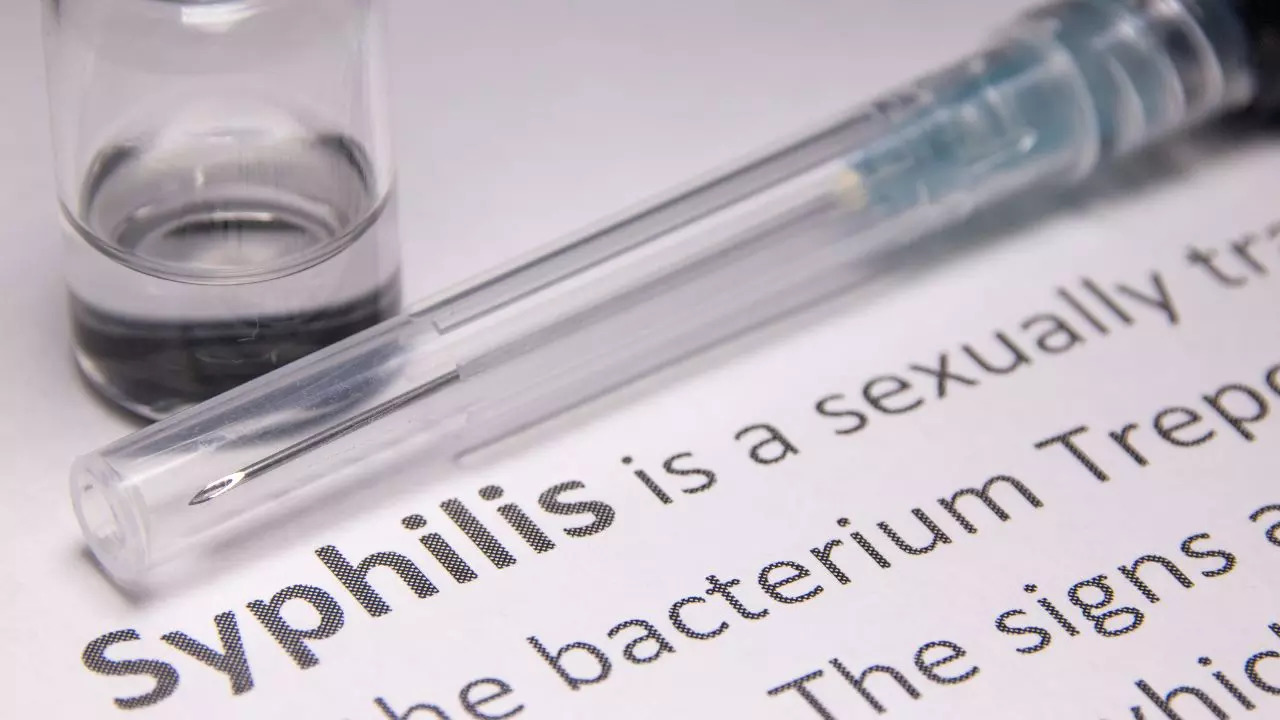This is what you should know about syphilis
Tokyo is witnessing a surge in Syphilis Official data shows the city has reported more than 2,400 cases so far this year. Data from the Tokyo Metropolitan Infectious Disease Surveillance Center revealed that 2,460 cases have been reported in the capital. Xinhua news agency said experts are noticing an acceleration to a pace approaching last year’s all-time annual high of 3,701.
The data also revealed that men accounted for about 70 percent of cases, while women accounted for 30 percent. Infections increased especially among men aged between 20 and 50 years and women between 20 and 30 years.
Several infected people mistakenly believed they were safe because they knew their partners or were unaware of their infection for years, highlighting syphilis as an often overlooked disease, the institute said.
To deal with the unprecedented rise in syphilis cases, Tokyo has set up free, anonymous consultation and testing rooms in areas such as Shinjuku and Tama. Testing is also available at public health centres; the Shinjuku centre offers 24-hour online bookings and testing on weekends.
The Tokyo Metropolitan Government has urged residents to get tested immediately if they have any concerns.
Syphilis is a sexually transmitted infection (STI) caused by a bacterial infection. If left untreated, it can lead to serious health problems. Sexually transmitted infections are those that are transmitted through sexual contact, including vaginal, anal, and oral sex. There are certain STIs that can be passed from mother to child during pregnancy, childbirth, or breastfeeding.
Syphilis can be completely cured if proper treatment is given at an early stage, but serious complications can develop in the brain and heart if left untreated.
Syphilis is the third most common sexually transmitted disease. It usually begins as a painless sore that usually appears on the genitals, rectum or mouth. The infection can be passed from one person to another when they come into direct contact with the sores. Mayo Clinic says it can also be passed to a baby during pregnancy and childbirth and sometimes through breastfeeding.
Causes of syphilis
Syphilis is caused by the bacteria Treponema pallidum. The infection can be transmitted through vaginal, anal, or oral sex. The Cleveland Clinic says the bacteria can enter the body through the anus, vagina, penis, mouth, or broken skin. “The bacteria continue to spread throughout the body, which can eventually damage certain organs.”
Syphilis risk factors
The risk of contracting syphilis increases for the following reasons:
- You have unprotected sex
- You have sex with more than one partner
- You live with HIV, the virus that causes AIDS
Mayo Clinic says the chances of getting syphilis are higher for men who have sex with men.
(With inputs from IANS)
Disclaimer:
The information contained in this post is for general information purposes only. We make no representations or warranties of any kind, express or implied, about the completeness, accuracy, reliability, suitability or availability with respect to the website or the information, products, services, or related graphics contained on the post for any purpose.
We respect the intellectual property rights of content creators. If you are the owner of any material featured on our website and have concerns about its use, please contact us. We are committed to addressing any copyright issues promptly and will remove any material within 2 days of receiving a request from the rightful owner.

